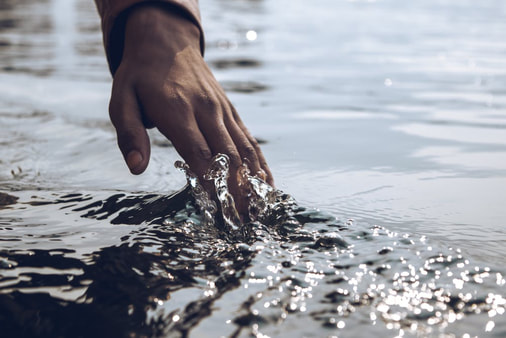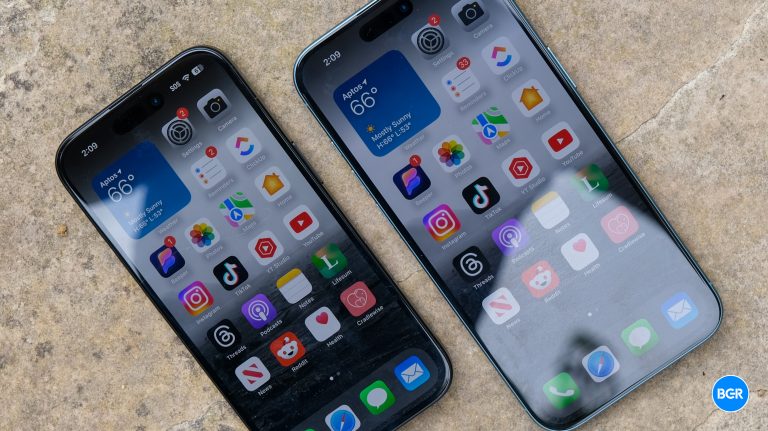To say touch has been an integral part of my life for the past eight years would be an understatement. Since I began my training to do Alexander Technique work between lessons as both student and teacher I have...
To say touch has been an integral part of my life for the past eight years would be an understatement. Since I began my training to do Alexander Technique work between lessons as both student and teacher I have been spoiled by an abundance of touch in my professional life--let alone the touch of friends and family in simple forms such as hugs.†
More than six months into the pandemic I feel starved for this most essential of human contacts.†
Why does touch matter? What makes it different than the other senses? Why does missing touch feel so personal?†
In an effort to understand I have begun reading David J. Linden's book "Touch", and it has gone some way towards explaining my touch-deprived ennui.†
Our sense of touch is the first sense to develop--it begins in our mother's womb before we actually formally come into this world. Receiving touch in our early stages of life makes a huge difference in our sense of security and belonging, as well as our ability to empathize with others. I am not sure this ever goes away--even as adults I think touch somehow buoys us to others and the world around us. Part of me wonders if the remarkable untethering of the world right now has been augmented by our necessary lack of physical contact with other folks.†
The apparatus that comes together to form our sense of touch is epic in its scope. Our skin can weigh upwards of 16 lbs and covers an area of almost 22 square feet. We have two different main types of it, with very different characteristics. Because our sense of touch extends throughout our entire bodies, our sense of ourselves literally comes from† touch.†
The complex receptors responsible for sensing touch come in several types, each which give a particular type of feedback--some sense the contour of touch, others the pressure, others temperature, still others minuscule waves that help us know how hard to grip an object and how to adjust that hold. Others can sense into objects we make contact with to find their deep inner workings (like feeling a door unlock when you turn the key). All of this information is carried by a stunning network of nerves to the equally complex and multifaceted touch map in our brains (see my previous blog about body mapping). Perhaps most presciently, this information is then synthesized with our other senses and past experiences to make our perception of touch completely individual--the exact same touch can be interpreted in wildly different ways depending on who is receiving it and contextual circumstances. We each move through the world and communicate uniquely through touch and intercontact.
In Alexander Technique, touch is a tool that draws upon and imbues everything above: security, connection, perception, identity, empathy, a chance to examine our biases and perspectives. It gives us information and experience that allows us to better know ourselves and help all of the different parts of ourselves come into unity. It is both a catalyst for change and an anchor against the tempest of the world. Though Alexander Technique has plenty of value beyond touch (as anyone who has come by one of our online classes can attest), I miss it. In person lessons are unlikely to resume soon, as there is no safe way to be within the same airspace which touch in an A.T. context requires, and with the virus potentially rising again through the colder temperatures we must do everything we can to support our mutual health and fortitude. The distance is necessary.†
When I write, I usually like to have something practical and actionable for the reader to do with what I have to say. I am not sure what exactly it is within this context. Perhaps, like so many things we lack right now, it is an invitation not to take the wonder of our normal for granted. If you are lucky enough to be in a bubble with someone, perhaps it is a call to not take their touch for granted, and to know you may be one of the sole touch providers for someone else (offering someone in your bubble a massage right now can be an act of life changing generosity). Perhaps it is a call to recognize that part of you is asleep without this contact, and that something IS missing, and that everything you are feeling is okay. And that waking your body up and being in relationship with it is extra important right now.
I hope we can be in Touch soon.
More than six months into the pandemic I feel starved for this most essential of human contacts.†
Why does touch matter? What makes it different than the other senses? Why does missing touch feel so personal?†
In an effort to understand I have begun reading David J. Linden's book "Touch", and it has gone some way towards explaining my touch-deprived ennui.†
Our sense of touch is the first sense to develop--it begins in our mother's womb before we actually formally come into this world. Receiving touch in our early stages of life makes a huge difference in our sense of security and belonging, as well as our ability to empathize with others. I am not sure this ever goes away--even as adults I think touch somehow buoys us to others and the world around us. Part of me wonders if the remarkable untethering of the world right now has been augmented by our necessary lack of physical contact with other folks.†
The apparatus that comes together to form our sense of touch is epic in its scope. Our skin can weigh upwards of 16 lbs and covers an area of almost 22 square feet. We have two different main types of it, with very different characteristics. Because our sense of touch extends throughout our entire bodies, our sense of ourselves literally comes from† touch.†
The complex receptors responsible for sensing touch come in several types, each which give a particular type of feedback--some sense the contour of touch, others the pressure, others temperature, still others minuscule waves that help us know how hard to grip an object and how to adjust that hold. Others can sense into objects we make contact with to find their deep inner workings (like feeling a door unlock when you turn the key). All of this information is carried by a stunning network of nerves to the equally complex and multifaceted touch map in our brains (see my previous blog about body mapping). Perhaps most presciently, this information is then synthesized with our other senses and past experiences to make our perception of touch completely individual--the exact same touch can be interpreted in wildly different ways depending on who is receiving it and contextual circumstances. We each move through the world and communicate uniquely through touch and intercontact.
In Alexander Technique, touch is a tool that draws upon and imbues everything above: security, connection, perception, identity, empathy, a chance to examine our biases and perspectives. It gives us information and experience that allows us to better know ourselves and help all of the different parts of ourselves come into unity. It is both a catalyst for change and an anchor against the tempest of the world. Though Alexander Technique has plenty of value beyond touch (as anyone who has come by one of our online classes can attest), I miss it. In person lessons are unlikely to resume soon, as there is no safe way to be within the same airspace which touch in an A.T. context requires, and with the virus potentially rising again through the colder temperatures we must do everything we can to support our mutual health and fortitude. The distance is necessary.†
When I write, I usually like to have something practical and actionable for the reader to do with what I have to say. I am not sure what exactly it is within this context. Perhaps, like so many things we lack right now, it is an invitation not to take the wonder of our normal for granted. If you are lucky enough to be in a bubble with someone, perhaps it is a call to not take their touch for granted, and to know you may be one of the sole touch providers for someone else (offering someone in your bubble a massage right now can be an act of life changing generosity). Perhaps it is a call to recognize that part of you is asleep without this contact, and that something IS missing, and that everything you are feeling is okay. And that waking your body up and being in relationship with it is extra important right now.
I hope we can be in Touch soon.










